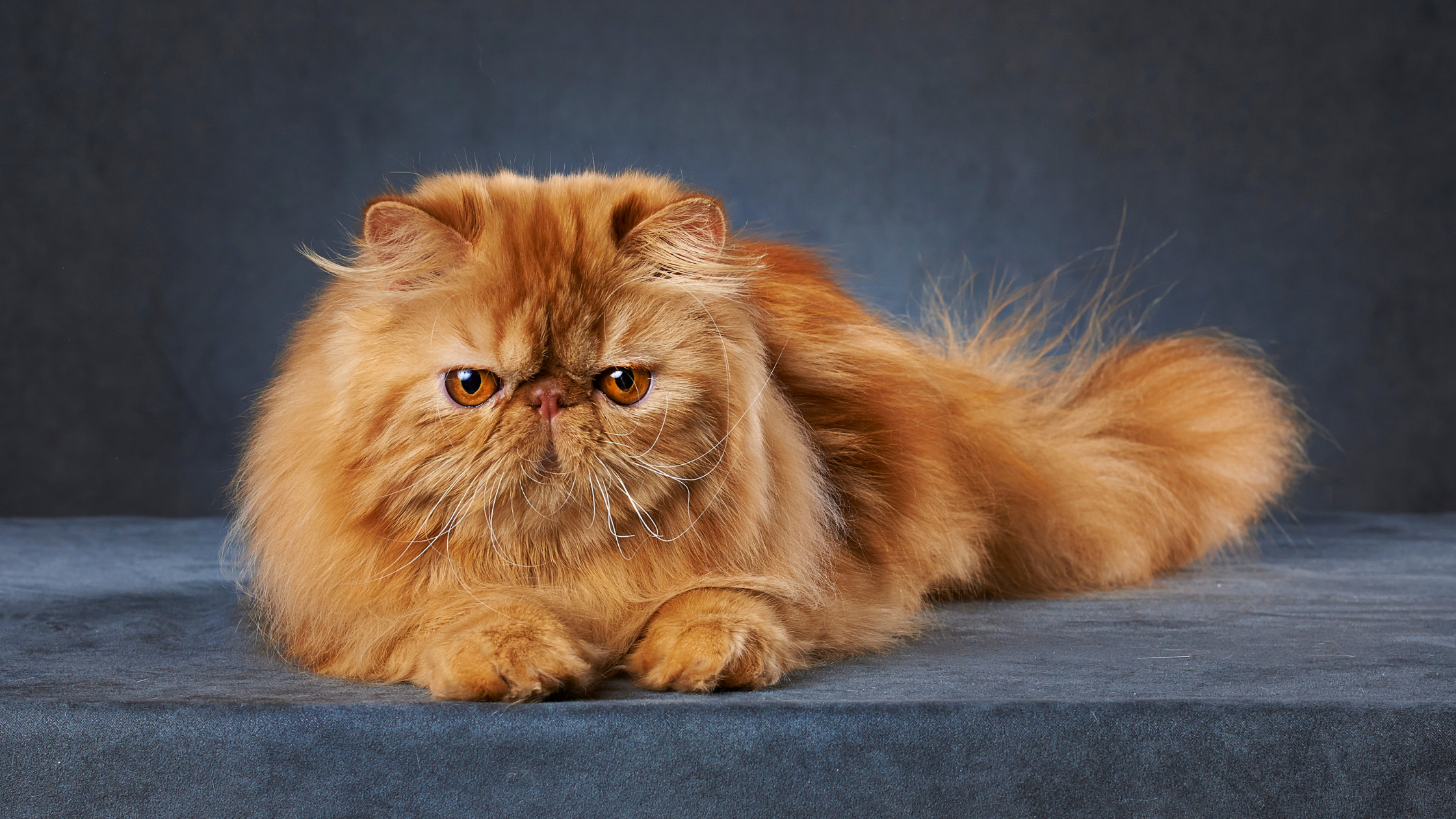If you had laid your eyes upon a Persian cat, you know that these felines are the embodiment of style. The Persian cat is renowned for having long, soft fur and warm personalities that make them enjoyable to be with.
Before adopting a Persian cat, potential owners should be aware that they need more care than their cat brethren. So if you plan to welcome a Persian cat into your home, read these pointers and health needs on today's blog before you commit to bringing one home!
The Persian Cat

According to the Cat Fanciers' Association, Persians are one of the most popular types of cats. The Persian is the most loved pedigreed cat in North America, and they first came into style during the Victorian period.
The Persian can be found in two types: show and traditional. The show Persian is what the breed is known for. It has a rounded head with a thick ruff, small ears, a level nose, big round eyes, a broad, short body with hefty tree-trunk legs, and a thick, streaming plume of a tail. The traditional Persian, additionally known as the Doll Face, does not have the distinct features of the show Persian, and the nose is not smooshed-in, giving it a sweet expression. Both types have long coats that can be found in several colors and patterns, and both share the same remarkable personality.
The personality of Persian Cats

The breed is very mellow and calm. They're not always active, especially once they're older. They also tend to burn out easily. These felines can be energetic when they wish to be. However, they're never bouncing off the walls. They're a great fit if you have a quieter lifestyle.
The Persian is the embodiment of a lap cat, with a relaxed and undemanding character. He loves to snuggle but is also playful as well as curious. Persians choose a peaceful, predictable environment, but they can adapt to weather a loud, energetic family as long as their boundaries are also met.
The Distinctive Cat Coat

Perhaps Persians' most distinguishing characteristic is their coat, which is long and soft. To keep their hair shiny and healthy, it needs maintenance on the part of the feline's owner.
Persian cats require everyday pet grooming and not just a once-over. You have to be diligent to eliminate knots and other particles from their hair because they can not do it on their own.
The Body and Face

Persian cats have short bodies and adorable smooshed-in faces with short noses, large eyes, and tiny ears. However, these features make them more susceptible to issues than the average cat.
First, flat facial features can lead to breathing problems, which is mostly why they aren't very active. They can not breathe as easily as other felines, and they get tired.
The prominence of Persians' eyes can likewise result in some difficulties. Persian eyes aren't well-protected by their face and can be harmed or create ulcers quickly, and they are also quite vulnerable to improper tear drainage.
Persians have a tendency to have what are called lacrimal rips, which is a discharge between their nose and their eyes since there is a fold in their face there. The splits run down the fold and oxidize, which makes the cat's face look dirty.
You can use cat wipes to help maintain their faces clean; however, if you notice a lot of drainages, particularly when combined with eye soreness and discomfort, call your vet immediately.
A flat face may likewise make feeding harder. Shallow bowls are especially created for pets that have trouble picking up food from a deep or high-sided dish.
Quick Facts
- The Persian has a pleasant, mild character and a peaceful companion.
- The Persian has a long, streaming coat that should be groomed daily.
- The Persian cat is an old breed, but little is understood of its background.
Embracing a Feline from a Persian Shelter or Rescue

Breeders are not your only option for getting a Persian. Although Persian cats are virtually never found in shelters and rescue, adult Persians, pedigreed and mixed, are not so lucky, and they might wind up in shelters or rescue groups through no mistake of their own. You may find the best Persian for your household through Persian cat rescues or by looking at your neighborhood sanctuaries or online listings.
Make sure you have an excellent contract with the vendor, sanctuary, or rescue team that defines duties on both sides. In states with "lemon laws," be sure you and the person you get the feline from both understand your legal rights.
Kitten or adult, take your Persian cat to your vet right after fostering. Your vet will be able to identify issues and create a preventative program that will help you prevent numerous health problems.




















